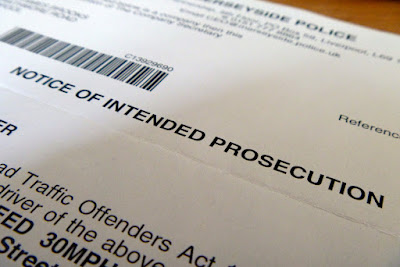Tricky lying foreigners trick Supreme Court into allowing them to stay in UK #bastards

Legal research can be dull but the main facts are right there on the net for journos to see The Daily Fail Heil er I mean Mail today reports on two awful Albanians who tricked the Supreme Court into letting them stay in the UK despite their having lied to the wonderful, faultless British Government by claiming they were from Kosovo. They report that “Dinjan Hysaj and Agron Bakijasi pretended to be victims of ethnic cleansing when they came to the UK in the 1990s, but were ordered to leave the country when their lies were exposed.” Lawyers for the pair wracked up bills of “£1million in legal aid” (yeah right – in fact the Supreme Court ordered a detailed assessment of costs and no figure was quoted in the case but in any event a cool mil sounds unlikely to me) fighting deportation by arguing that lying about nationality was not enough to remove British citizenship… oh did we forget to mention that they are British citizens and the case is really about whether they should be











